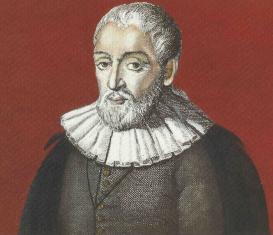The inner connection between the investigation of nature and philosophy is particularly evident in the Renaissance, a time of profound transformations in practices of empirical inquiry, which was reflected by epistemological theories and accompanied by innovative natural visions. A research project on science and philosophy in the Italian Renaissance focuses on Bernardino Telesio, seen as an embodiment of the Renaissance aspiration toward universality. His thought and its reception bear witness to the inseparability of the natural sciences, medicine, and philosophy in the early modern period. He accomplished this ambitious philosophical program as an explicit polemic against the Aristotelian-scholastic tradition, which was still the reference point for university curricula of the time. The pillars of Telesio’s conception were an epistemology based on the reliability of the senses and a dynamic view of nature, which he pitted against the abstract, and thus ill-founded, rational constructions of university scholars. A new collection of essays is dedicated to him and the place of his thought at the crossroads of the natural sciences, the medical arts, philosophy, and philology. The results of this project will be presented in Bernardino Telesio and the Natural Sciences in the Renaissance, in the series Medieval and Early Modern Science (Leiden: Brill, 2018).

Oil-painting on canvas by Franco Battiato.
Project
(2017-2019)
